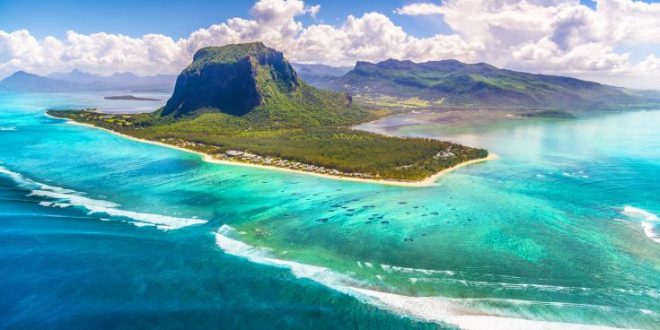The lost continent of Mauritia likely spanned a great swathe of the Indian Ocean before it was torn apart by indomitable geologic forces and plunged into the sea. Now, a good chunk of it may have been found.
The team found rocks on Mauritius with embedded zircon crystals that were almost 2 billion years old, or far older than the island itself (“just” 9 million years old) — a hint that there’s a continental crust lurking miles underneath. Most likely, the crystals were carried up to the surface by volcanic magma.
Not surprisingly, the discoverers don’t know much more about Mauritia besides its location in what’s now the Indian Ocean. There are a few clues, as Popular Science notes: the crystals are similarly aged to those in Madagascar, suggesting that the modern-day island may have been connected to Mauritia in the distant past. It’s entirely possible that the continent might have come to be when the supercontinent Gondwana broke up.
There would be much more work necessary to piece together what happened, and that may be difficult when Mauritia is likely scattered in pieces across the ocean floor. Even if the work stops here, though, it’s still important — it suggests that continental breakups are more complex than expected, and that Earth may be in for some surprises in the long run.
Agencies/Canadajournal
 Canada Journal – News of the World Articles and videos to bring you the biggest Canadian news stories from across the country every day
Canada Journal – News of the World Articles and videos to bring you the biggest Canadian news stories from across the country every day



